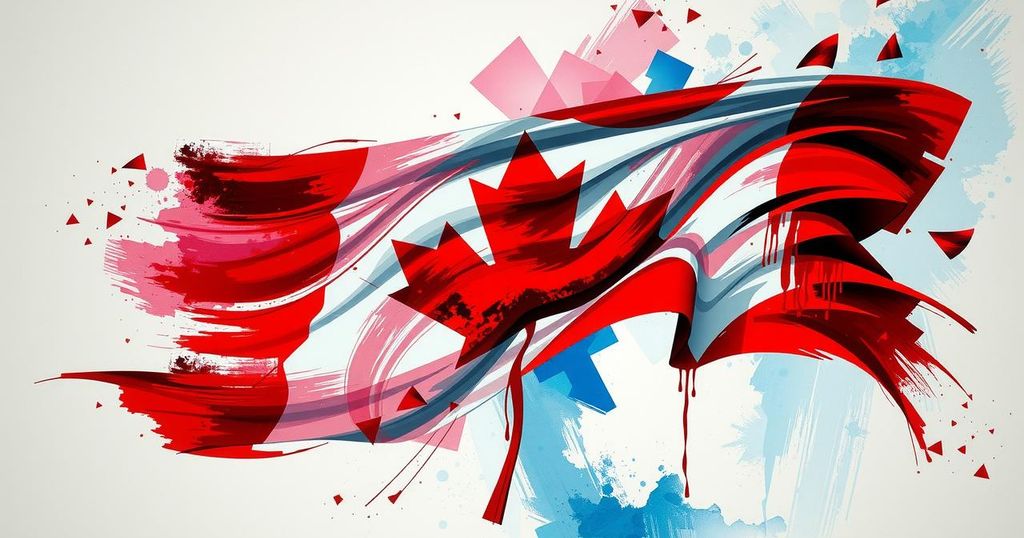Canadian Afghan War veterans are expressing anger and feelings of betrayal towards the Trump administration due to threats against Canada and treatment of allies like Ukraine. Many veterans, who fought alongside American troops, reflect on their sacrifices, especially on the anniversary of Canada’s withdrawal from Afghanistan. Figures such as Corporal Bruce Moncur and Major-General Denis Thompson articulate the depth of this discontent while distinguishing between political leaders and the military personnel who served together.
The ongoing tensions between the Trump administration and Canadian veterans, particularly those who served in Afghanistan, have created a significant sense of anger and betrayal. Many veterans reflect on their sacrifices alongside American forces during the Afghanistan conflict, feeling dismayed at ongoing threats directed towards Canada and other allied nations. A potent meme underscores this sentiment, encapsulating the message of sacrifice shared by the 158 Canadian soldiers who perished in the mission, emphasizing that their commitment was to defend the United States following the 9/11 attacks.
The threats from President Trump regarding economic annexation of Canada and the treatment of Ukrainian President Volodymyr Zelenskyy have exacerbated feelings of disappointment among veterans. Retired Corporal Bruce Moncur, who sustained injuries in a friendly fire incident during Operation Medusa, expressed that current sentiments would likely affect their willingness to support the Americans in the future. Reflecting on this 11th anniversary of Canada’s withdrawal from Afghanistan, he voiced his disillusionment with the current political landscape.
Retired Major-General Denis Thompson, who commanded U.S. troops under Canadian command, emphasized the need to distinguish between the current U.S. administration and its servicemen. He mentioned that many American veterans share in the discontent and cannot believe the rhetoric coming from President Trump. Thompson acknowledged the deep ties between Canadian and American armed forces and called for a recognition of their shared commitment, which transcends political disruptions.
Further discussions reveal a deep-rooted camaraderie established over years spent fighting together in Afghanistan. Thompson highlighted a significant honor awarded to a U.S. Navy Seal by Canada, which illustrates the bonds formed through shared sacrifices. Despite the current political climate, there is an understanding that both militaries remain unified in purpose, and the threats posed by Trump’s administration are not indicative of sentiments held by U.S. service members.
The Canadian Afghan veterans remain perturbed by Trump’s threats, perceiving them as ungrateful and dismissive of their sacrifices. While the likelihood of a military annexation remains low, the psychological impacts of these threats are profound. The future relationship between Canada and the U.S. may very well reflect internal strife within the United States, which Thompson suggests may emerge long before any serious annexation plans could take shape.
In conclusion, the discontent expressed by Canadian Afghan War veterans towards the Trump administration encapsulates a deep sense of betrayal for their sacrifices made in solidarity with American troops. Despite the political rhetoric from the U.S. President, many veterans maintain a respect for the American soldiers with whom they fought. The ongoing threats towards Canada and allies are seen as a significant departure from the values shared in wartime camaraderie, prompting reflection on future cooperative efforts amid political tumult.
Original Source: www.cbc.ca




